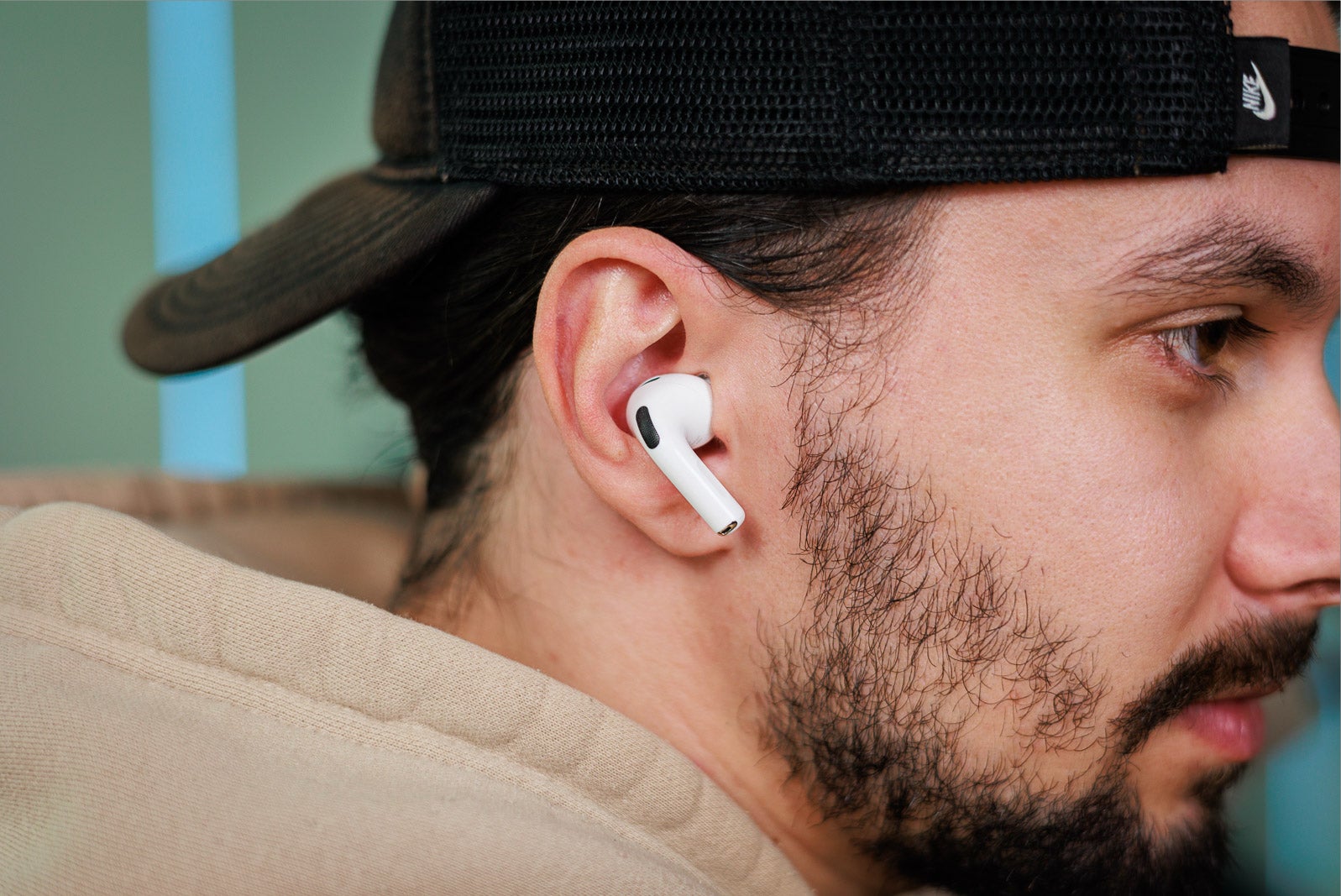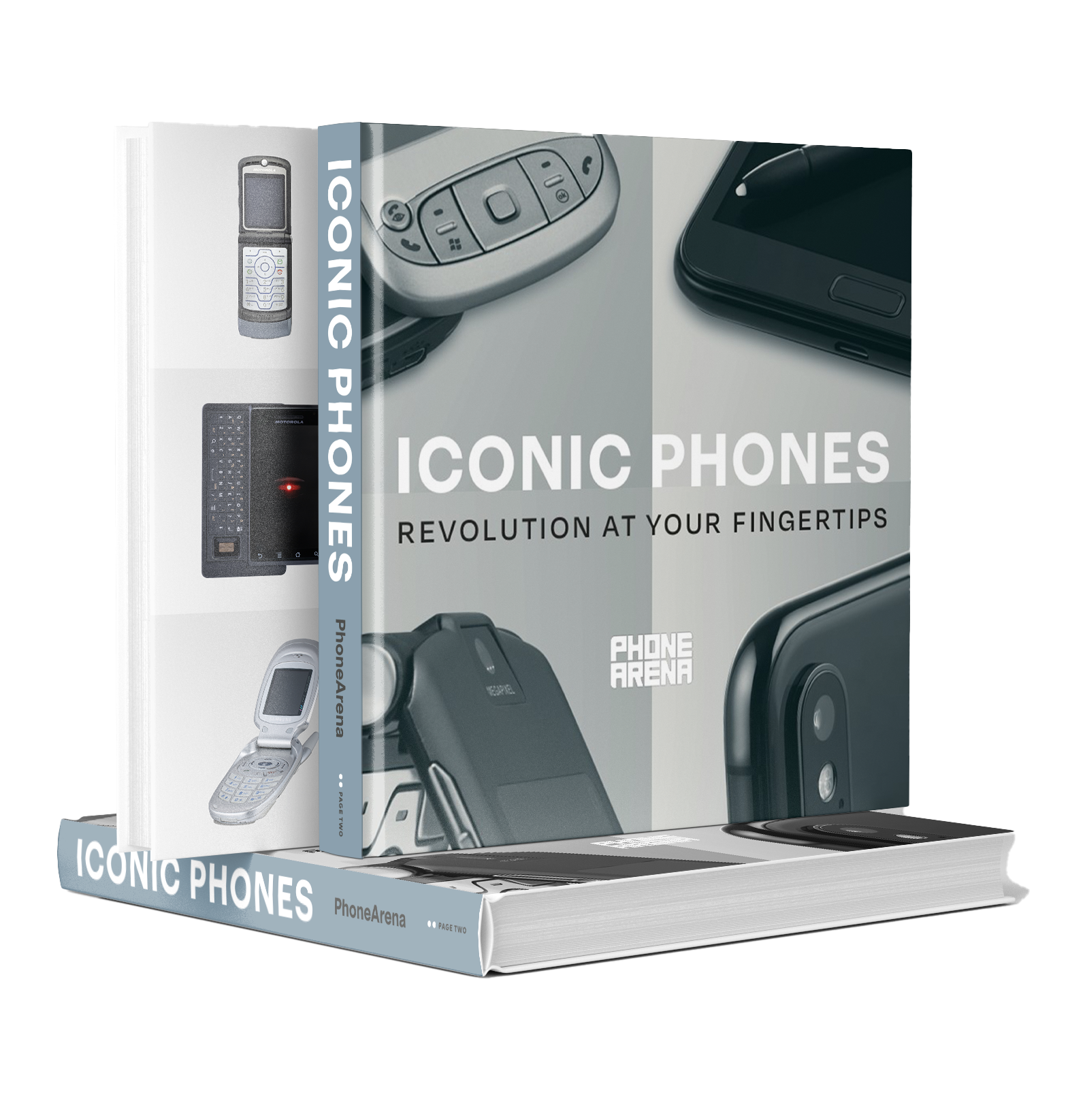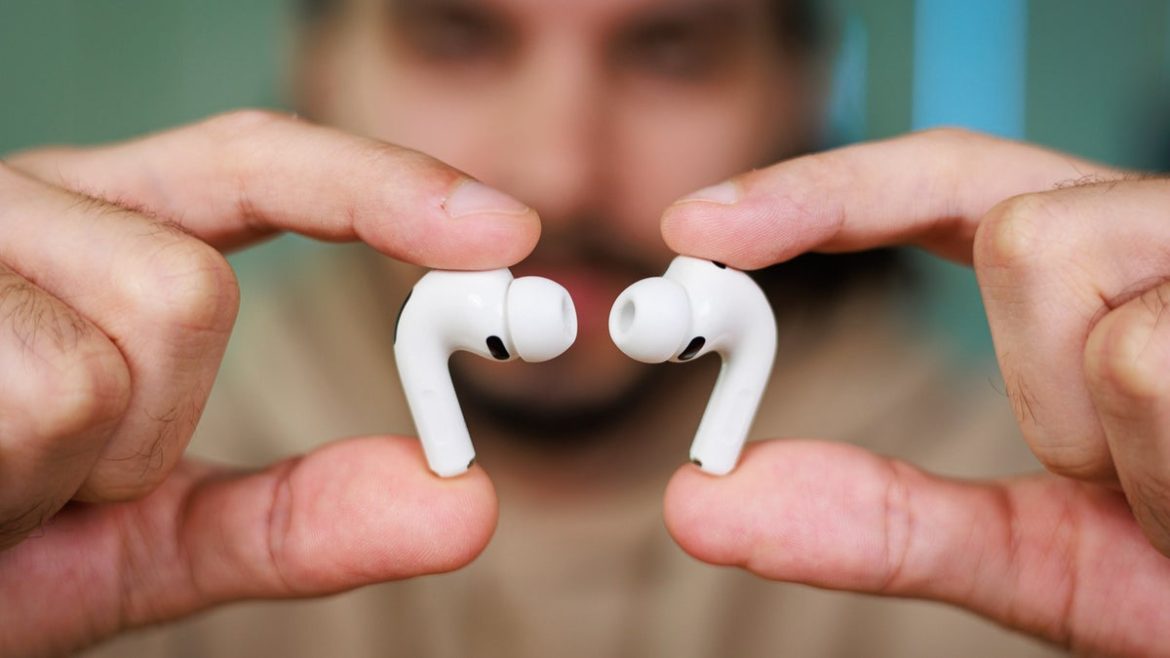What’s new with AirPods in iOS 26?
In short, your AirPods can now use their internal sensors, cross-reference data with your Apple Watch, and analyze your movement (or lack thereof) to genuinely understand when you’ve fallen asleep. This isn’t just a party trick.
The moment you’re asleep, the AirPods can intelligently adjust their behavior—silencing all but the most critical, user-defined emergency notifications, for example, or managing volume levels if you’ve fallen asleep to a podcast. This is a massive leap from the manual controls we’re used to. It’s your earbuds actively monitoring your personal state and adapting their function to match.
Why this “smart” gap is a very big deal


AirPods Pro 3. | Image credit — PhoneArena
Take Samsung. The Galaxy Buds are packed with features, but they all require you to do something. You tap to switch modes. You open the Galaxy Wearable app to use advanced features. You have to tell them what’s going on. Yes, they have “Detect Conversations,” which pauses ANC when you start talking, but that’s a simple audio-based reaction. It’s a far cry from understanding a complex, passive state like sleep.
Then there’s Google, and this, to me, is the most baffling part of the whole situation. Google is, by its own definition, an “AI-first” company. Its Pixel Buds Pro are great, but their “smart” features feel almost superficial by comparison.
This new AirPods feature highlights a growing gap in innovation. While everyone else is busy perfecting the hardware specs, Apple is building a platform for ambient, personal computing. It’s also a brilliant, frictionless health play.
By making sleep data collection more seamless and less obtrusive (no bulky watch required, if you’re not a fan), Apple is lowering the barrier for millions of users to get real, actionable insights into their personal wellness.
The earbud race just got real (and a lot more interesting)
As someone who bounces between all the major earbuds, my frustration has never been with sound quality or ANC. It’s been with the small, human moments. It’s the hassle of fumbling with my phone to silence a podcast when I’m half-asleep. It’s being jolted awake by a “new email” notification chime that a simple “Do Not Disturb” schedule missed. These are the small annoyances that reveal a device isn’t truly smart; it’s just a well-programmed accessory.
Apple’s new feature aims to solve this. It’s the kind of “it just works” magic that the company built its entire reputation on, and it’s a direct challenge to Google and Samsung. The question is no longer “How good is your ANC?” The question is, “How smart is your software?” The next battleground isn’t decibels; it’s data, context, and anticipation.
Would I use this? Absolutely. I already do with iOS 26, because it’s a genuine quality-of-life improvement. It makes the technology disappear and just serve the user, which is the entire point. Google and Samsung, it’s your move.


“Iconic Phones” is coming this Fall!
Iconic Phones: Revolution at Your Fingertips is the ultimate coffee table book for any phone enthusiast. Featuring the stories of more than 20 beloved devices, it takes you on a nostalgic journey through the mobile revolution that transformed our world. Don’t miss out—sign up today to lock in your early-bird discount!
#Earbuds #smarter #Apple #understand
